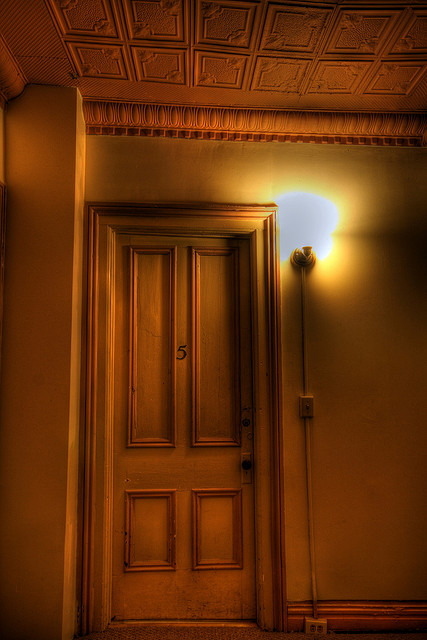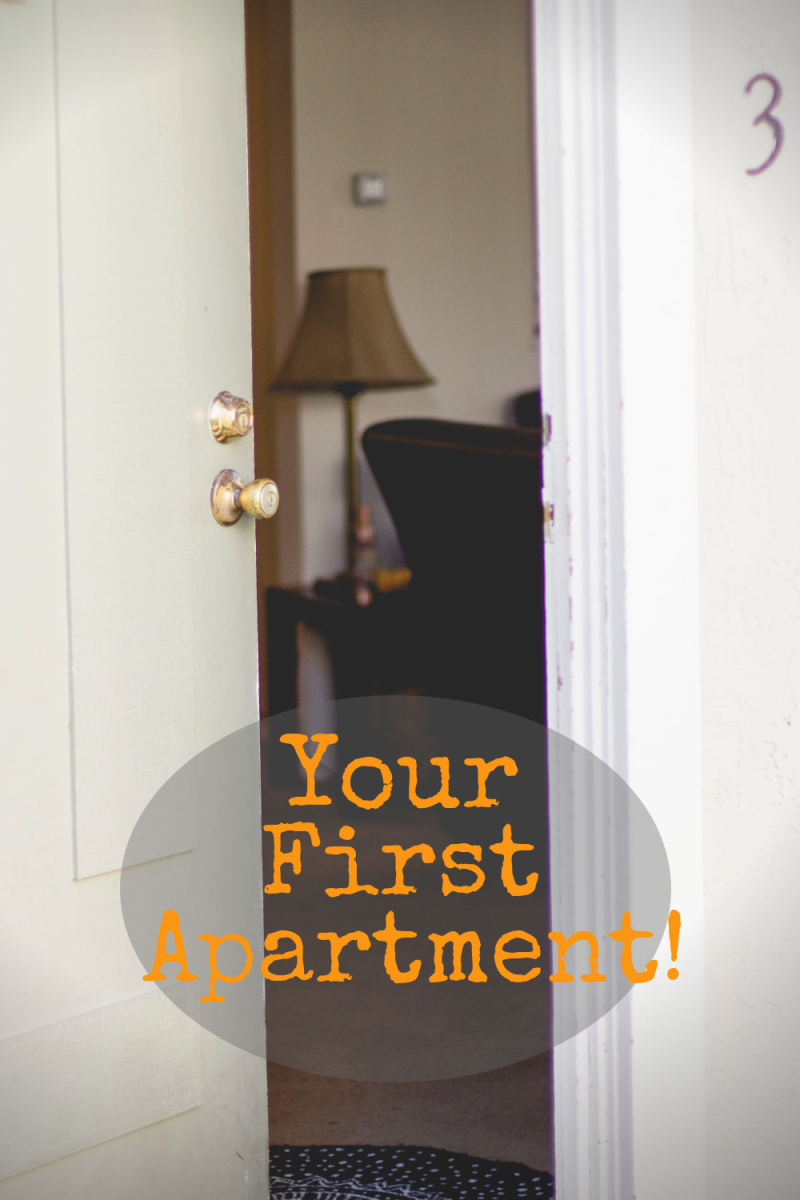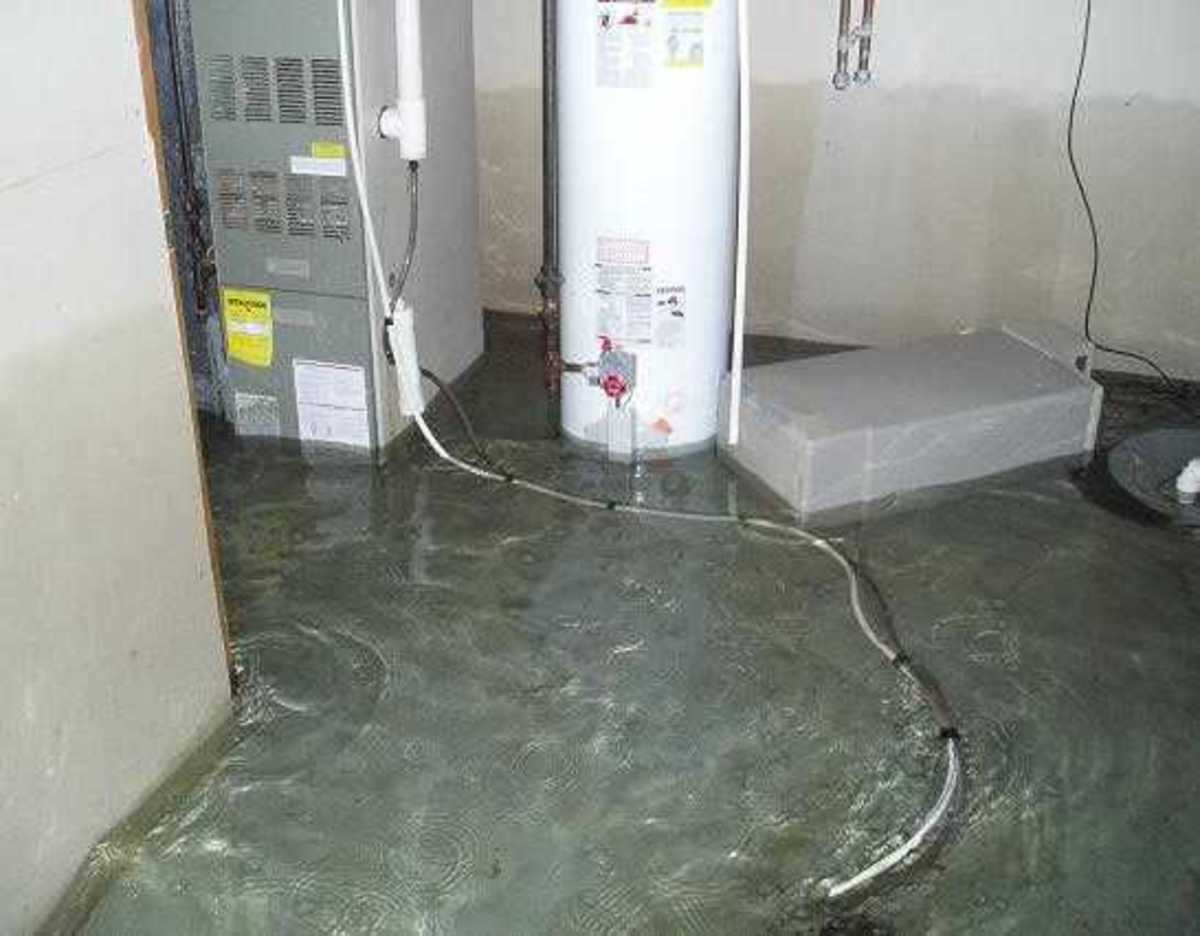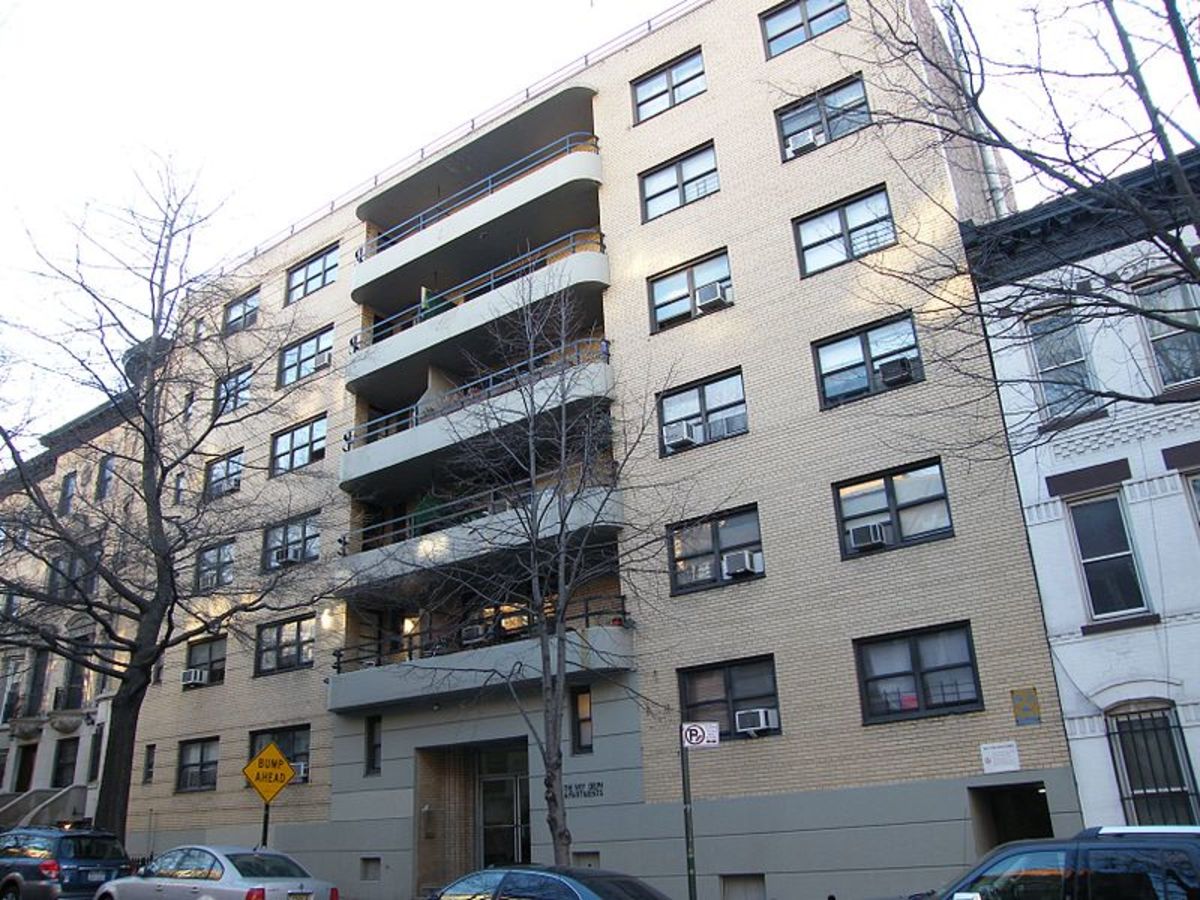15 Things to Check Before You Rent

Renting a home is a the practical alternative to getting home and paying mortgage. Renting has its own pros and cons. For one, you avoid the high cost of mortgage payments. Then, repairs on the property are not put in your expense but on the lessor. Finally, getting relocated by reason of a job or any other would not pose so much problem since you can terminate the lease. However, before you sign any lease contract, keep these pointers in mind to save you from renting trouble later on.
While scouting for you potential home, make sure to take note of the following:
1. Do your apartment or house hunting during the rainy season. Two advantages, one you will know which parts of town are prone to flooding and two, you discover if there's any leak on the ceiling, clogged drainage, and many others. These problems can crop up during the wet and rainy season and it would be too late in the day if you found out about such when you've already settled in the house.
2. If rent is too low, think twice. You might think it's a steal but be wary. If an apartment or house rent is lower than average in one area, proceed with caution. Ask around if the landlord does not want to tell you anything. There must be a reason.
3. Observe cracks on the wall. Don’t take this lightly as it could be an indication that the house is made of substandard materials or the ground where it stood is not stable (earthquake-prone).
4. Do make a walk-through. VERY IMPORTANT! Landlords may sometimes tell you that another person is already interested with the property, in order to make you accept the offer sooner. Don’t fall for that. See if the neighborhood atmosphere suits your preference. Is it clean, well-lighted and generally safe? Does it have more than enough share of people milling around the area, this is not good either. Is it the place and neighborhood safe and secure? Is it gated or has it’s own security 24-hours?
A walk through will also give you an idea of the kind of landlord you will possibly have. Is he/she likeable or otherwise? First impressions last, so be very observant.
5. Do your homework. If you can, try to ask around the immediate area about the house or apartment you intend to rent, its previous occupants, or their reason for leaving. Who knows, it might have some history you don’t want to be a part of, like being a previous crime scene or an illegal drug lab perhaps. You wouldn’t want the negative energy associated with these. You can do this by asking the neighboring police station or doing some little online research.
6. Ask for a lease agreement. Most landlords in the Philippines lease out or rent out their properties without any black and white written agreement of contract. Ask for one, not only will it spell out clearly the terms and conditions but it will free both parties from second-guessing or gray areas which may be a subject of contention later on. If your landlord does not have any idea how to draft a simple contract, there are free templates online which needs only minor modifications, even without the help of a lawyer.
7. Make sure everything works as they’re supposed to. The windows and shutters work. Same with hinges, door locks, door knobs. It is advisable to change knobs and locks, with notice to the landlord of course. You wouldn’t want a door locking you out.
8. Ensure that utility bills are separate (water, electricity, etc.) Some landlord only have a single meter for each of these utilities in an apartment building, and collects a monthly flat rate from each tenant.
9. Make an inventory list. Make an inventory list of all the fixtures or appliances that the apartment or house comes with. Much better if you take pictures of the property in and out on the day you move in. This is to ensure that you won’t pay for something you did not cause.
10. Ask for a receipt or any other written proof of payment every time. When you are already renting, make sure to ask for a receipt or any proof that you have made your monthly rent.
11. Inform and make sure all your communications or agreement with the landlord are in writing. This is true for repairs in case you encounter problems with the house. Inform your landlord immediately about it, and ask when he can have it fixed. If not, you may suggest that you shoulder the costs but it shall be deducted later on from your monthly rent. However, set this agreement in writing, including the repair receipts and work done. You will find these documents handy if the owner contest later on.
12. Notice of termination at least 30 days before intended date. If you plan to end your stay, send a notice to your landlord 30 days before your intended date. This should be incorporated in your lease contract. It works for both parties. One, landlord can look for another tenant, two, you have time to transfer any subscriptions to utilities (phone, internet, cable) to another location, as well as other correspondences to your new place.
Your Free Lease Agreement Sample Templates
13. Pay your rent on time and follow your lease terms and conditions.
14. Respect the privacy of other tenants if you are renting an apartment unit in a multi-unit building. You don't have the license to hold a karaoke party until th ewee hours of the morning even if it's your birthday. In short, the golden rule equally applies here, "Do unto others as you want others to do unto you."
15. Give notice sufficient notice to your landlord when you are moving out. Usually, a 30-day notice will be enough but this period may vary in different locations. Look through your lease contract because this is often included there.








